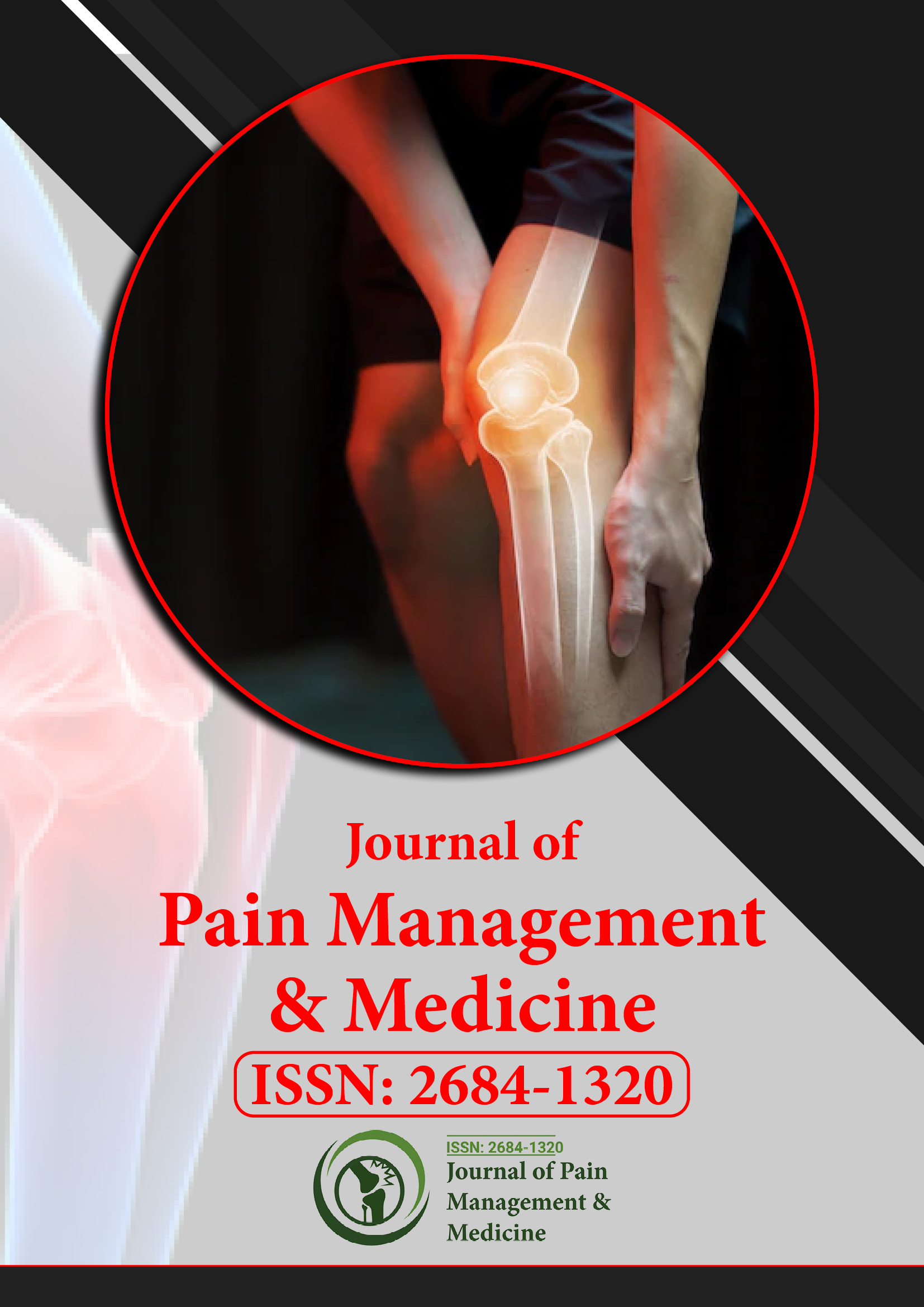Индексировано в
- RefSeek
- Университет Хамдарда
- ЭБСКО АЗ
- Паблоны
- Евро Паб
- Google Scholar
- Качественный рынок открытого доступа
Полезные ссылки
Поделиться этой страницей
Флаер журнала

Журналы открытого доступа
- Биоинформатика и системная биология
- Биохимия
- Ветеринарные науки
- Генетика и молекулярная биология
- Еда и питание
- Иммунология и микробиология
- Инжиниринг
- Клинические науки
- Материаловедение
- медицинские науки
- Науки об окружающей среде
- Неврология и психология
- Общая наука
- Сельское хозяйство и аквакультура
- Сестринское дело и здравоохранение
- Управление бизнесом
- Фармацевтические науки
- Химия
Абстрактный
Непрерывная периоперационная торакальная эпидуральная инфузия фентанила-бупивакаина по сравнению с непрерывной периоперационной внутривенной инфузией фентанила у пациентов, перенесших обширные операции по поводу рака верхней части брюшной полости
Эльзохри ААМ, Абд-Эль-Монием Бакр М, Мостафа ГМ, Мохамад МФ и Ахмед ЭХ
Background: Major upper gastrointestinal cancer surgeries induce postoperative pain, that if not controlled may cause various organ dysfunctions and prolonged hospital and ICU stay. Thus an appropriate pain therapy to those patients must be applicated.
Objective: To compares the effects of continuous perioperative thoracic epidural Fentanyl-bupivacaine infusion versus continuous perioperative Fentanyl intravenous infusion in patients undergoing major upper gastrointestinal cancer surgery.
Methods: 60 patients (ASA II) of either sex were scheduled for elective upper gastrointestinal cancer surgeries. Patients were allocated randomly into two groups (30 patients each) to receive: continuous peri-operative epidural infusion with bupivacaine 0.132 and fentanyl (TEA group), or continuous peri-operative intravenous infusion with fentanyl (control group). Postoperative pain was assessed over 72 h using visual analogue scale (VAS). The intra and post-operative haemodynamic, sedation score and overall patient fentanyl consumption were recorded. Any concomitant events like nausea; vomiting, pruritus or respiratory complications were recorded postoperatively.
Results: There was a significant decrease in pain sensation in TEA group during first day postoperative. Patient haemodynamics was significantly decreased in TEA group. As regard sedation scale, patients of the TEA group were significantly less sedated than control group at immediate postoperative only.
Conclusion: Continuous perioperative thoracic epidural Fentanyl-bupivacaine infusion was much better in pain relief, less sedating effect and shorter duration of hospital and ICU stay than continuous perioperative fentanyl intravenous infusion in patients undergoing major upper gastrointestinal cancer surgery.